
Kids can’t always say what’s on their mind
Children can be fearful of going to bed, going to school—or not going to school in the event of a closure. When a child can’t get past their worries, they may be struggling with anxiety. According to the Anxiety and Depression Association of America, one in eight children can suffer from anxiety disorders. Especially during a time of uncertainty, parents should be aware of the signs of anxiety in children to help them manage their fears and worries.
Below our experts explain what to look for and how to help your child cope.
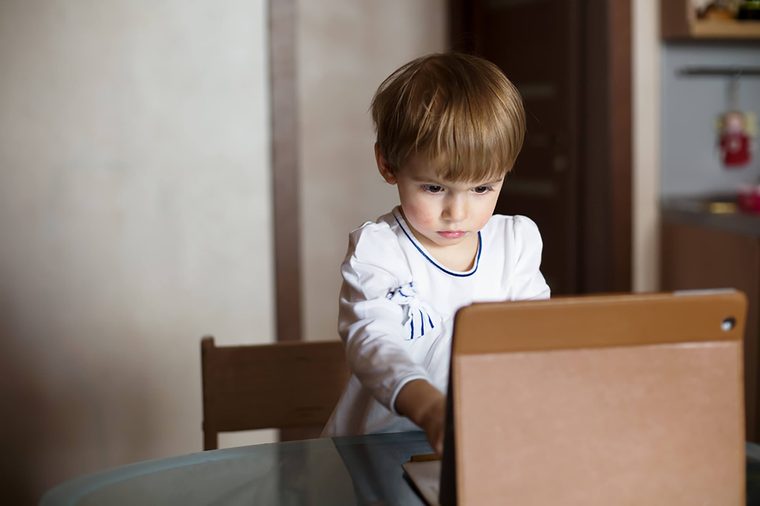
Asking for the iPad more often
Many children love playing computer or video games, but those with anxiety may submerge themselves in screens more often. According to Dan Mortenson, PhD, a lead therapist at the Chicago Cognitive Behavioral Treatment Center, “Excessive use of screen-based activities can often be a sign that a child is struggling and trying to escape from difficult emotions,” he says. Instead of letting your child retreat into the screen, you can interact with them as they use it. Play a game together or ask questions about what they’re watching. You might find out some insightful information about how they’re feeling in the process.
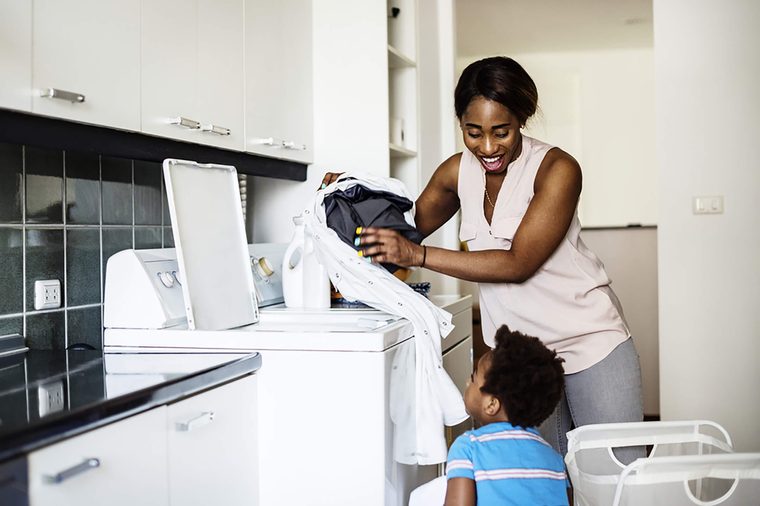
Pleasing everyone in their path
Kids with anxiety tend to be people-pleasers for fear of disappointing someone they care about. Assertiveness and self-esteem skills are crucial for children to develop at an early age and, without them, kids may always have a fear of rejection, says cognitive behavioral therapist, Julia Colangelo. “I encourage parents to take some coaching classes to learn how to develop these skills [in their child] if they notice that their child is always ‘being pushed around’ or not asking for what they want or need.”
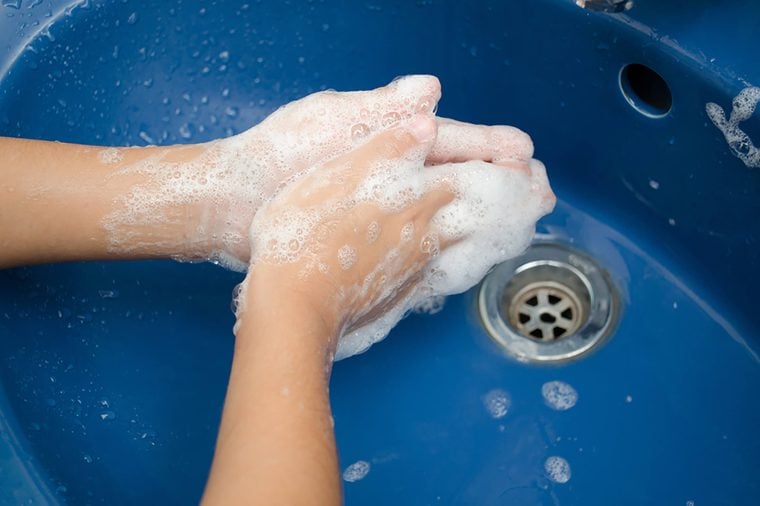
Washing hands more often
Several subtle physical rituals can go hand-in-hand with anxiety in children. When children “don’t know how to deal with [anxiety] or are too embarrassed to discuss it with adults, the anxiety can come in many forms,” says Len Saunders, New Jersey-based children’s health, fitness, and wellness advocate and author. Sometimes this can manifest itself in physical rituals, he says. Some common, but subtle, signs include excessive hand washing, nail-biting, scratching the scalp, chanting, shaky hands, and sweating. Some kids may even start becoming obsessive organizers. Pinpointing the cause of a child’s anxiety symptoms is crucial. However, it’s also important to give your child the best coping skills to prevent anxiety. Meditation, positive thinking patterns, and journaling can be excellent coping mechanisms for kids. Find out why one school replaced detention with meditation.
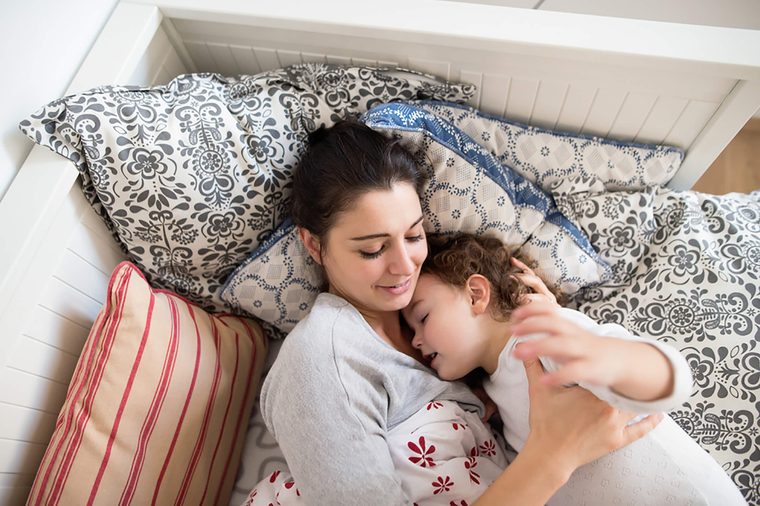
Suddenly wanting to sleep in your bed
Waking often through the night, having trouble falling asleep, or suddenly asking to sleep in your bed every night could all be signs of an anxious child. Rebecca R. Berry, PhD, clinical assistant professor of child and adolescent psychiatry at the Child Study Center of Hassenfeld Children’s Hospital at NYU Langone, explains that major and sudden shifts in a child’s nighttime ritual might be a way for a child to cope with anxious feelings. Berry says sticking to a routine in which you’re involved by reading books, helping a young child with a bath, or listening to some calming music together, can help ease anxieties. Here are some relaxing bedtime techniques to help your child get in the nighttime zone.
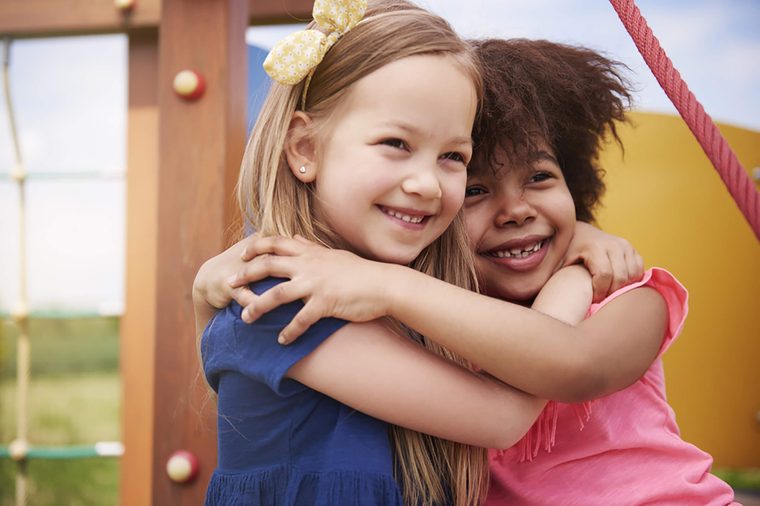
Pulling away from their bestie
If your child prefers to be by themselves when they used to be a social butterfly this could point to depression. But, this could also be a sign of anxiety in children. Colangelo advises that parents “explore ways to engage their children one-on-one with other children or siblings,” such as playgroups, team sports, and other social activities they might be comfortable with. Learn how to recognize the general symptoms and signs of depression.
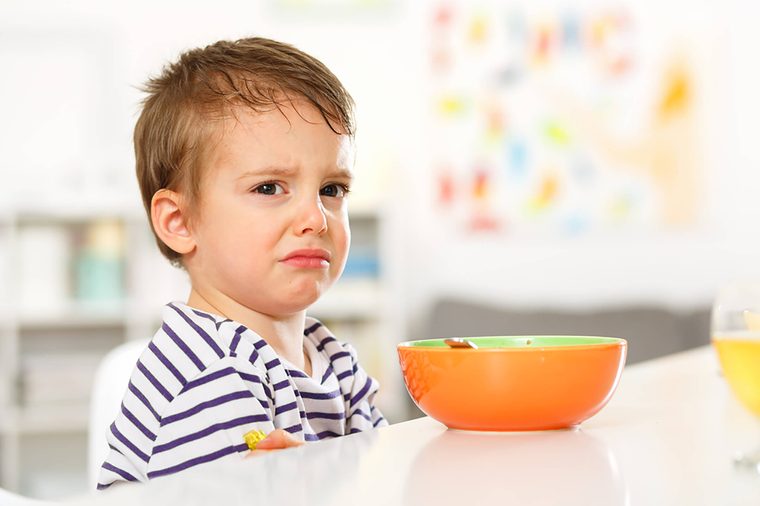
Refusing their favorite foods
You might think your child is just becoming picky about his food preferences, but suddenly shunning favorite foods or changes in eating patterns could mean something more. According to a 2015 study published in Pediatrics, moderate and severe selective eating patterns can be associated with anxiety. For some children, undiagnosed sensory sensitivities may play a significant role in anxiety toward newly introduced foods. It’s important for parents to talk to their child’s pediatrician as soon as possible after noticing changes in eating patterns or increased food aversions to get their child the right help. Try these 7 fun healthy food ideas for kids.
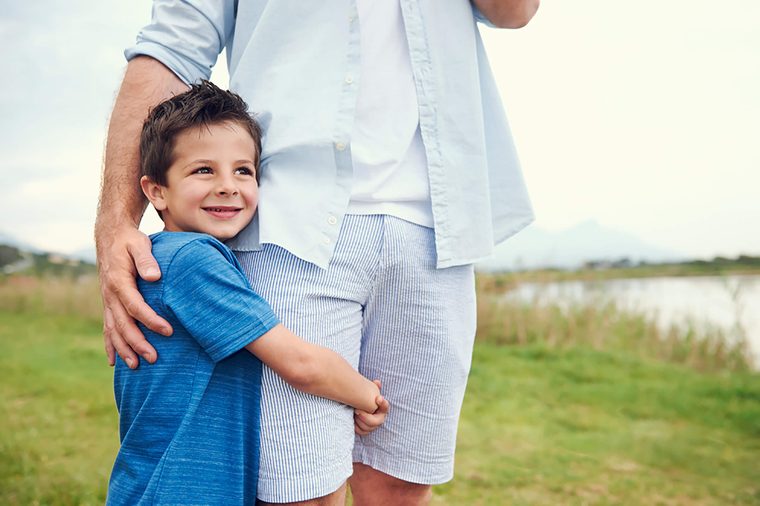
Attaching to your hip
A once-independent child becoming more dependent and emotionally attached to a parent could be a subtle sign of anxiety. According to Colangelo, you might notice your child wanting increased alone time with you or becoming jealous of your time with a sibling, which might cross the border from secure attachment to anxiety-driven attachment. Parents should be sure to “reflect on any recent changes [in a child’s life],” like hearing a scary news headline or parents’ divorce, “and then [respond] consistently with reassurance,” says Colangelo.

Asking about everything
“Kids are known for asking a lot of questions,” says Mortenson, “but when the questions start to happen multiple times a day and shift to seeking reassurance” from others, anxiety could be an underlying factor for the excessive questioning.” Children with anxiety worry whether things will be OK, whether they’re focused on an upcoming test or the outcome of their lives in general. If there seems to be a lot of worry-based questioning coming from your child, you should take it upon yourself to also ask questions without being intrusive. Give them time to answer what they’re comfortable with and make it known that you’re ready to listen to all her fears and help in whatever way you can. Here are some healthy habits to adopt as a family.
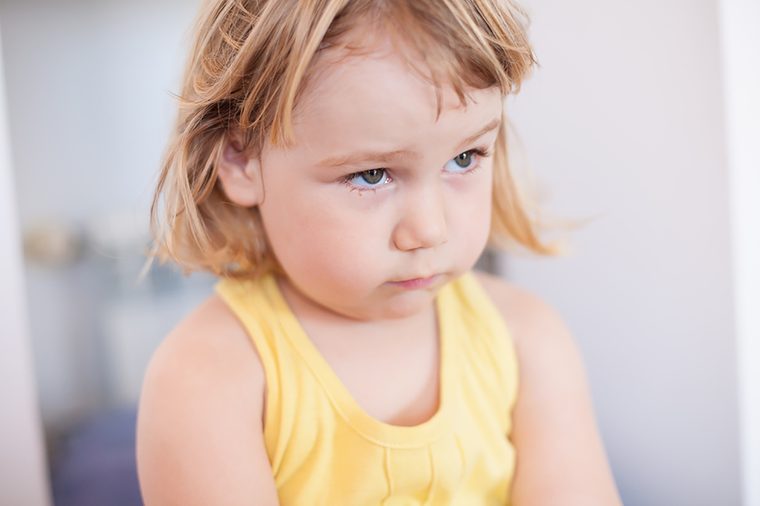
Complaining of aches and pains
Berry says that anxiety in some children shows through aches and pains, especially in the head and stomach, that aren’t related to any other medical condition. Parents may be able to help curb physical pains that accompany worry by helping their child “tolerate the uncomfortable physical feelings that may accompany stress,” says Berry, such as showing him how to take regular breaths using the diaphragm, rather than short, rapid breaths.
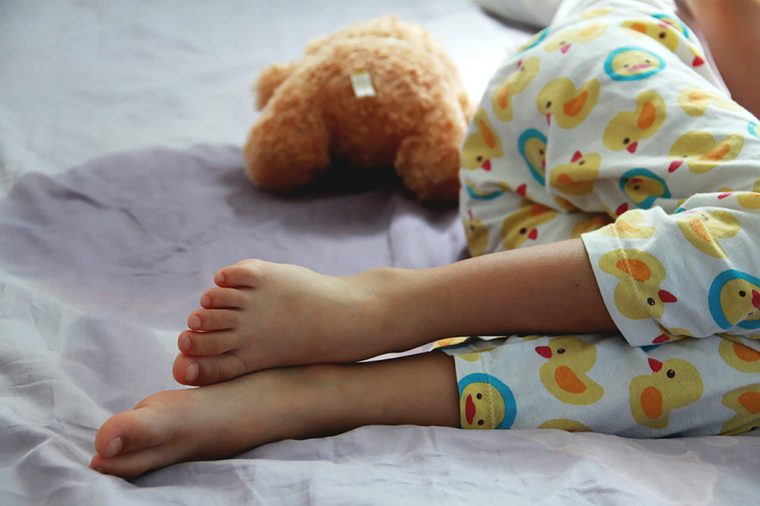
Struggling to go #1 (or #2)
Has your potty-trained child suddenly started wetting the bed, getting constipated, or refusing to use the toilet at all? Anxiety could be to blame. According to Berry, “regression in toileting behaviors” can be a subtle, but common physical sign that your child is worrying about something and their worry has spiraled out of control. Parents shouldn’t criticize a child when this happens, but instead, offer a lending ear when they’re ready to talk. “Actively listen to their concerns, show understanding, and validate their experience of the situation and feelings,” says Berry. Your child will know that they can come to you in the future without judgment.
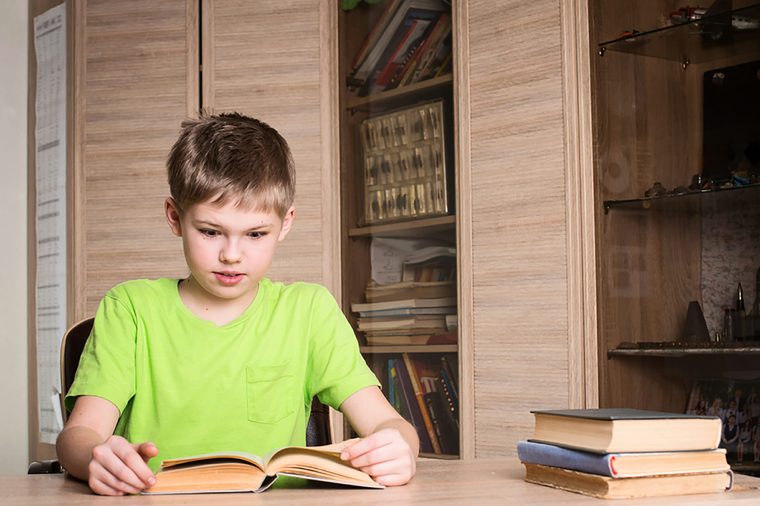
Making sure everything is perfect
It’s great for kids to be dedicated to school, sports, and other activities or hobbies. However, when dedication shifts to perfectionism, anxiety could be to blame. Mortenson says that “fixating too much on ‘getting it right’ for the next test” that it affects a child’s sleeping patterns or willingness to participate in activities they once enjoyed could signal a problem. In this case, you might want to open your child’s view to other possible outcomes they hadn’t yet thought of. Ask, “Will getting a few questions wrong on this test hurt your final class grade?” or “Will your coach cut you from the team if you don’t make a goal in today’s game?” Helping your child see things from a new point of view could put things into perspective.
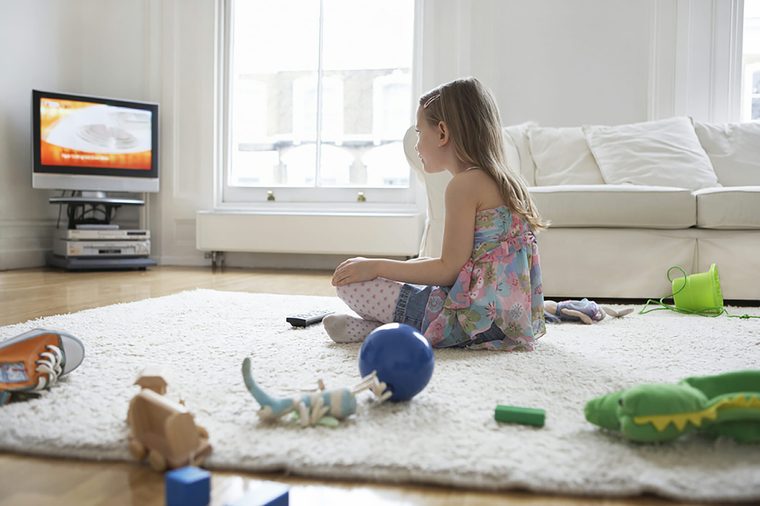
Skipping the after-school club
A child experiencing anxiety, though, may start to skip the after-school activities they once loved in favor of staying home. The child may feel secured and protected. Colangelo says that it’s important to validate your child’s concerns and negotiate a fair balance, such as letting your child cut out an activity or two while attending the ones she feels the most comfortable with.
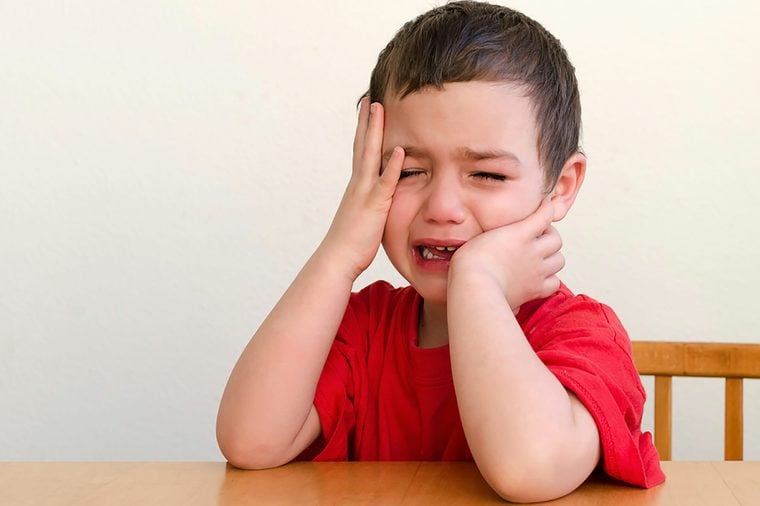
Becoming irritable, seemingly out of nowhere
Have you noticed some intense, sudden mood swings in your child? “Think of a quiet and easy-going child who suddenly becomes [a perfectionist], irritable, and/or aggressive,” says Berry. This could be your child’s way of displaying their anxieties. Berry suggests having frequent talks with your child when these behavior changes occur. She also encourages to ask specific questions about your child’s day and how they feel. “Instead of a broad question like, ‘What’s wrong?’ or ‘What’s happening?'” The idea is to get to the heart of the problem and let your child know you have a vested interest in his life and helping work out what’s bothering them.
